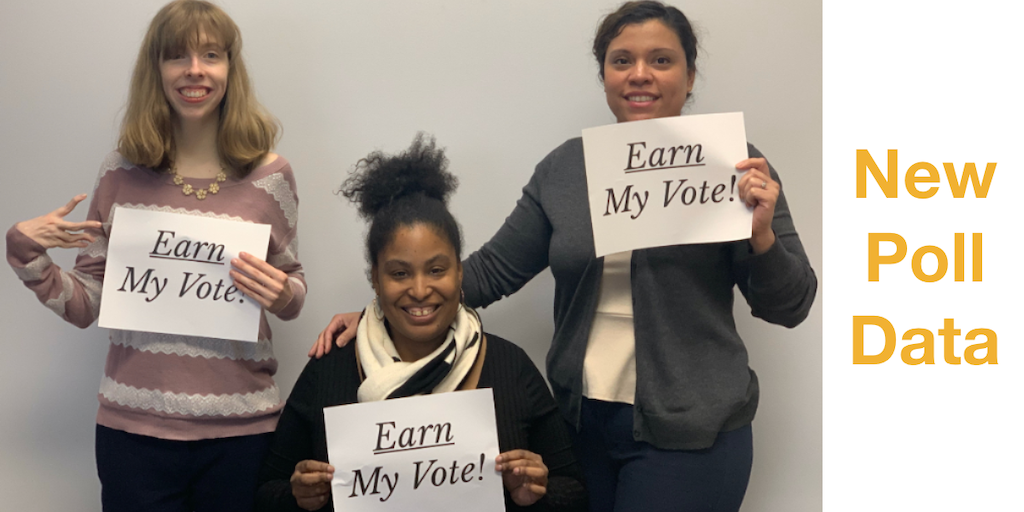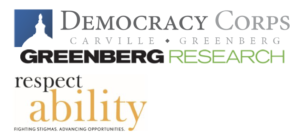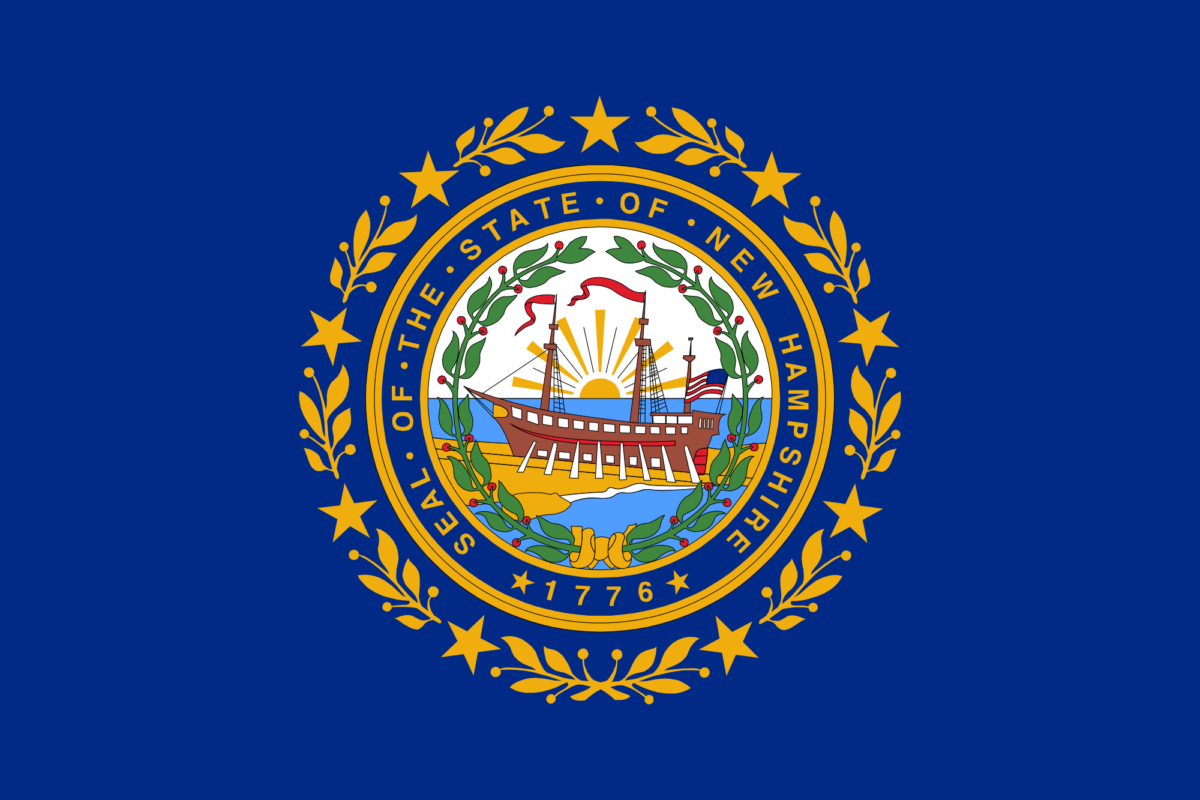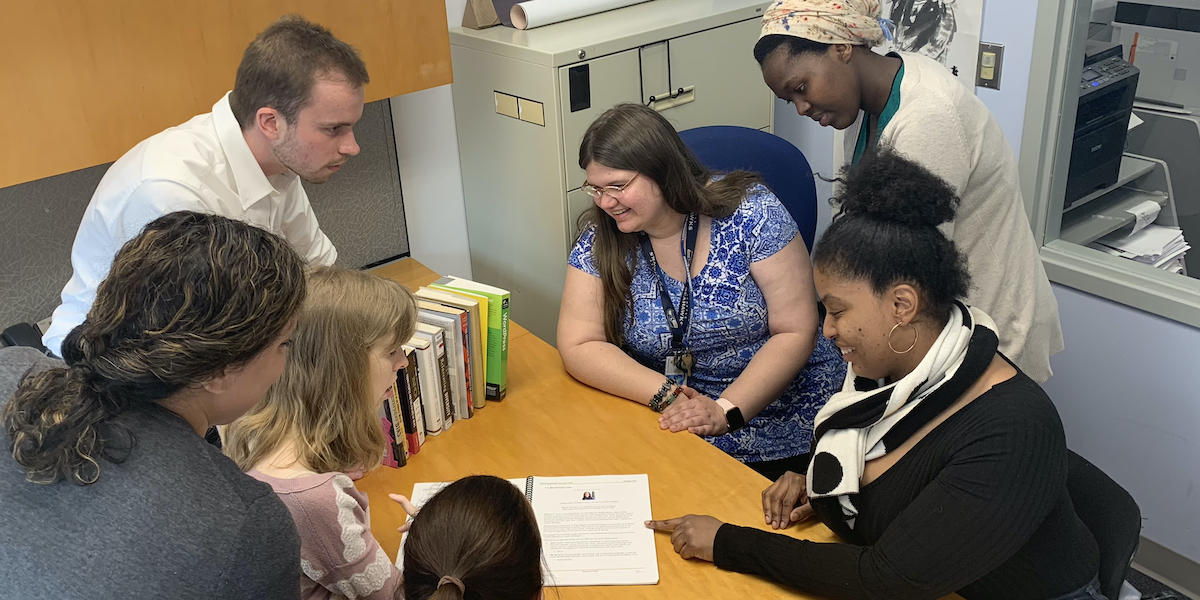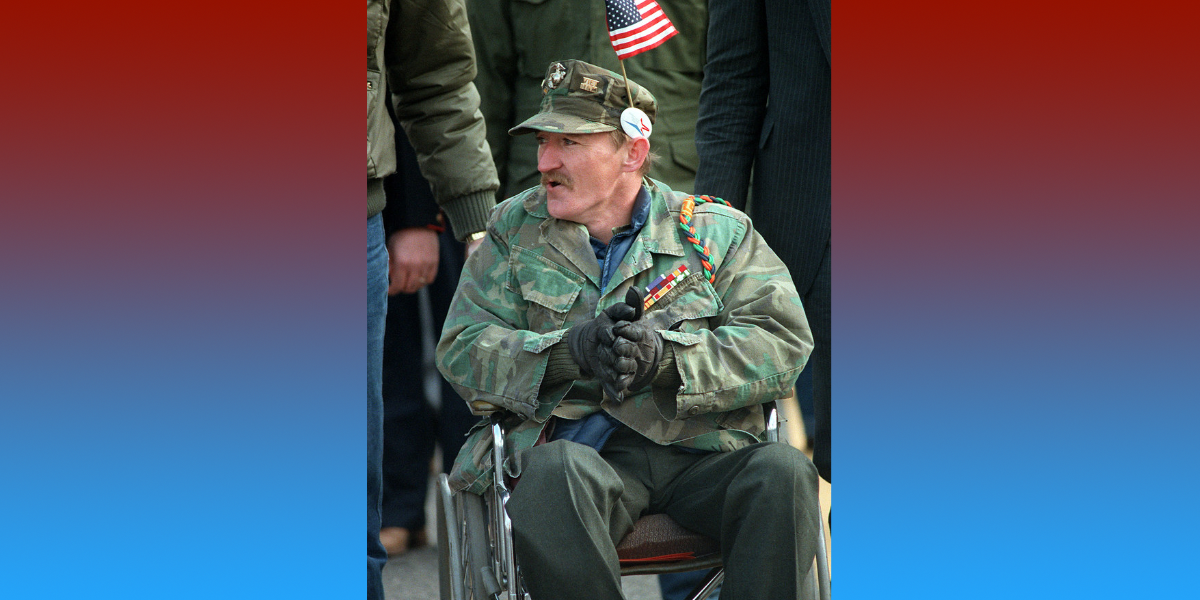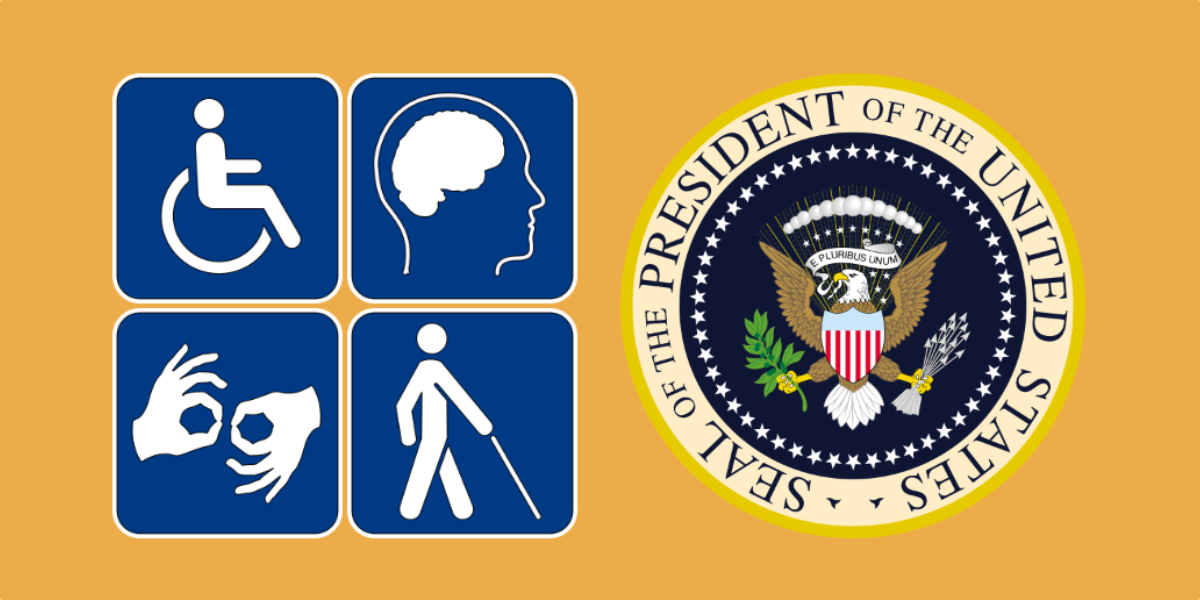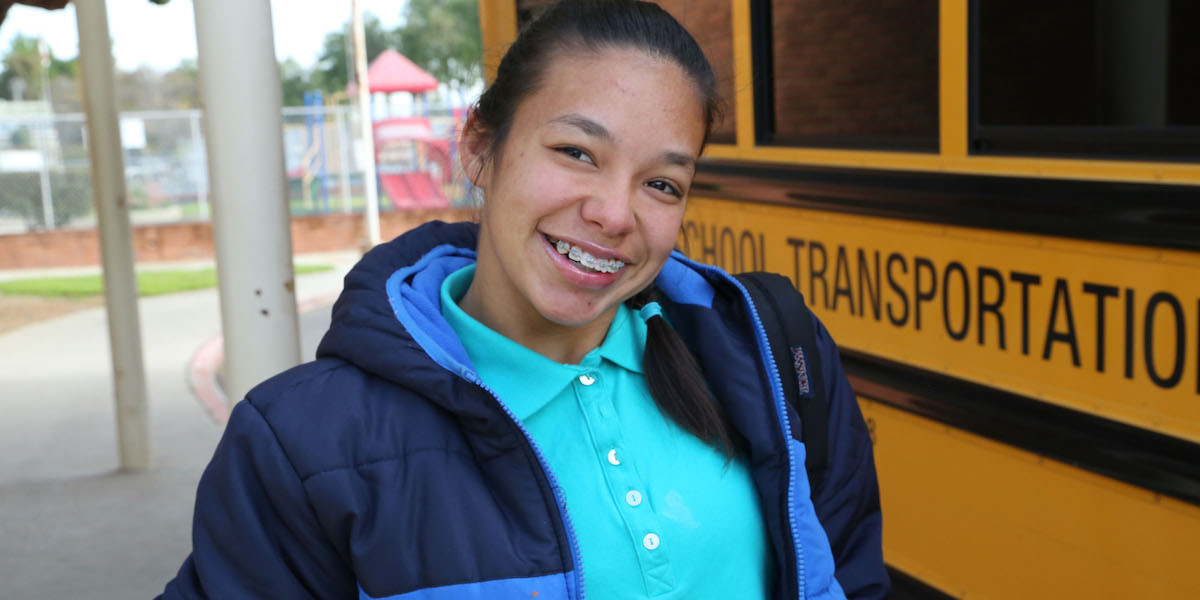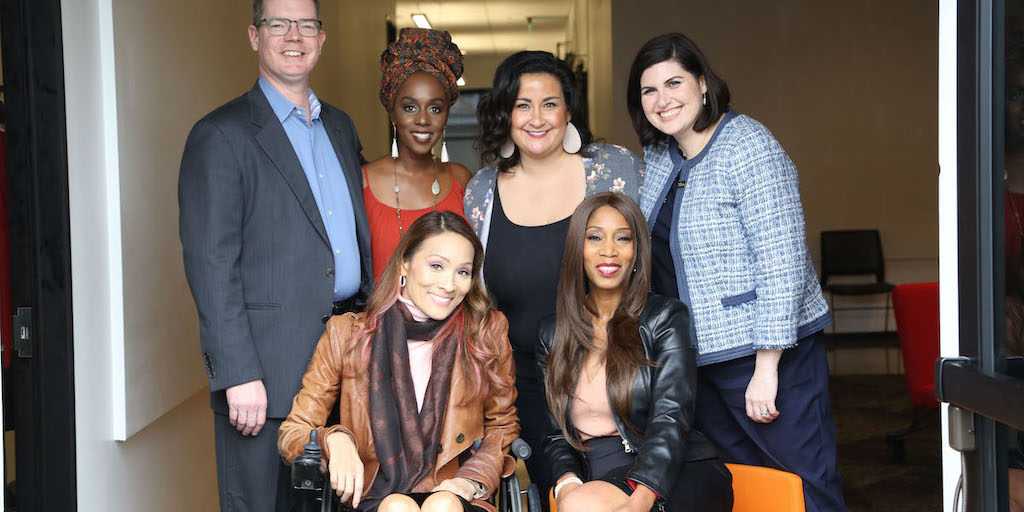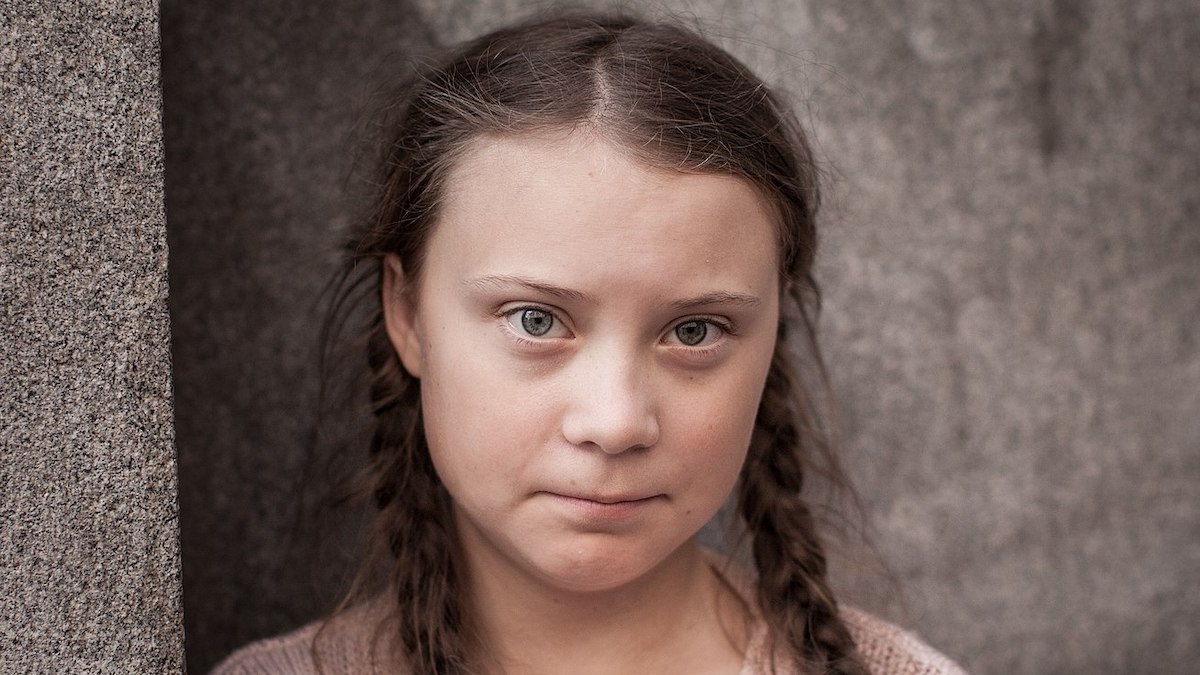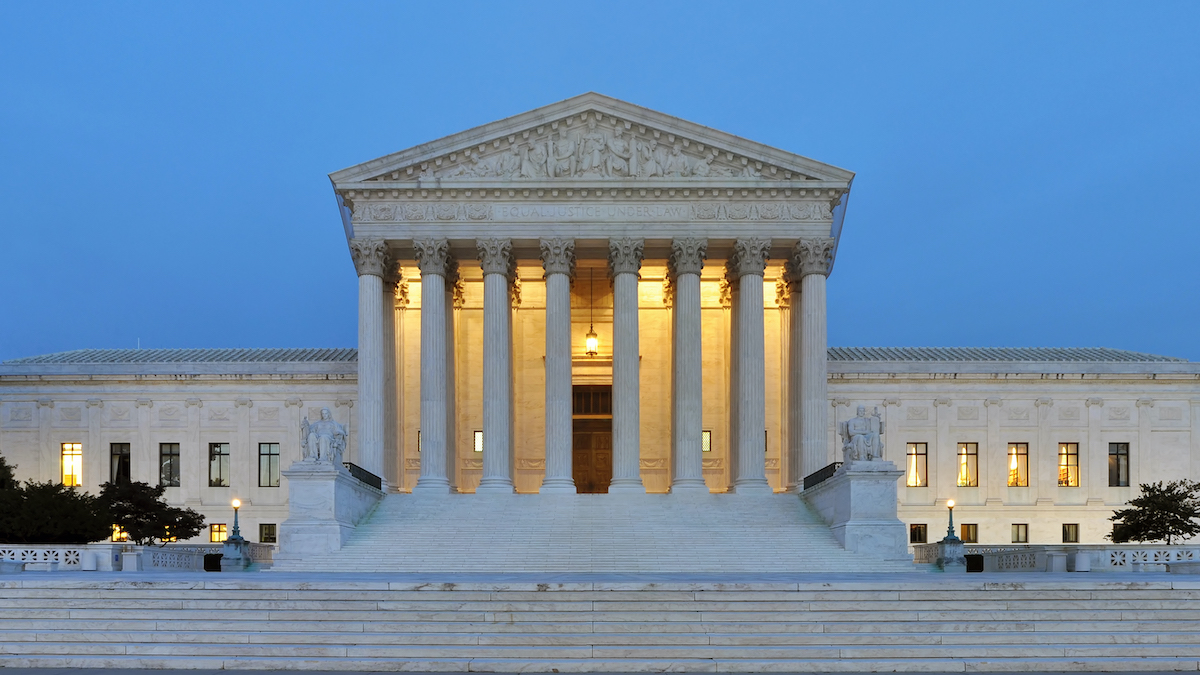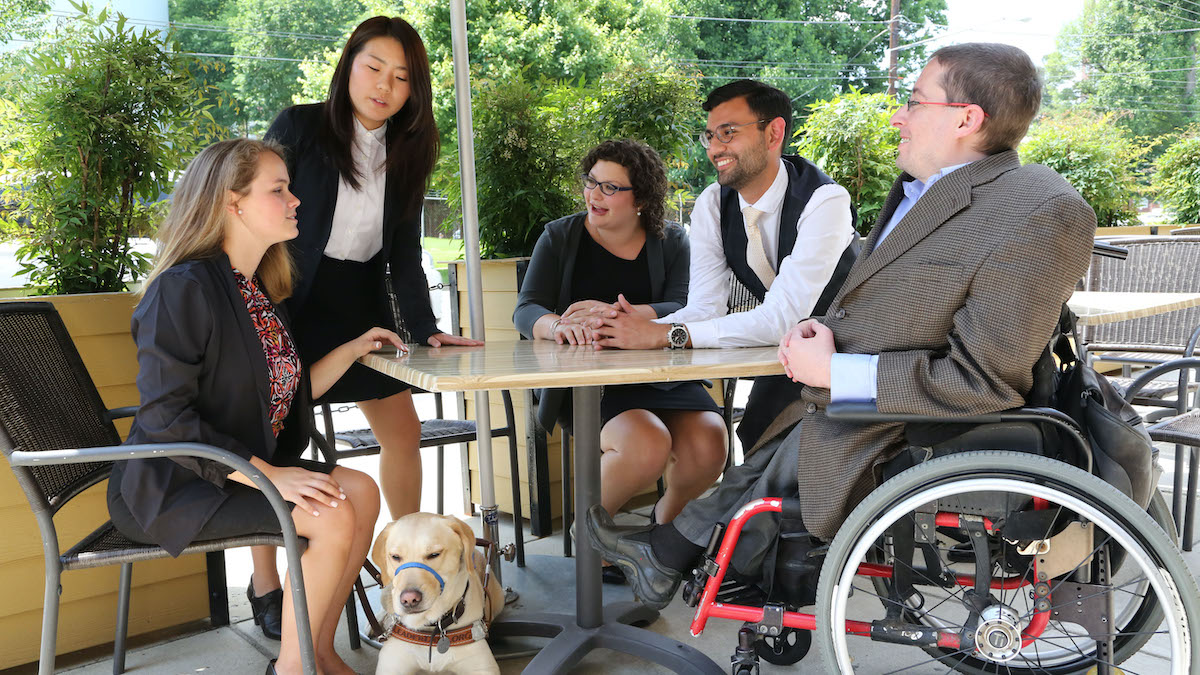Washington, D.C., April 8 – Earlier today, Vermont Sen. Bernie Sanders announced that he is dropping out of the 2020 Democratic Primary, leaving former Vice President Joe Biden as the presumptive Democratic nominee for President.
While neither the Biden campaign nor the Trump campaign have yet released detailed policy plans on disability issues, ahead of the Iowa Caucus Sen. Sanders rolled out a comprehensive “Fighting for Disability Rights Plan.” In the plan, Sen. Sanders promised to “incorporate disability issues into every other area of public policy” and “promote access, autonomy, inclusion and self-determination for all.” The RespectAbility Report covered the plan back in February.
Sen. Sanders had also responded to RespectAbility’s detailed candidate questionnaire on disability issues. The questionnaire was purely for educational purposes. RespectAbility reached out to all of the major presidential campaigns on both sides of the aisle. All responses to the candidate questionnaire will be posted in full on The RespectAbility Report as they come in and will be used to produce and update nonpartisan voter guides in all 50 states. It is the hope of RespectAbility that the remaining candidates will send their responses in soon.

